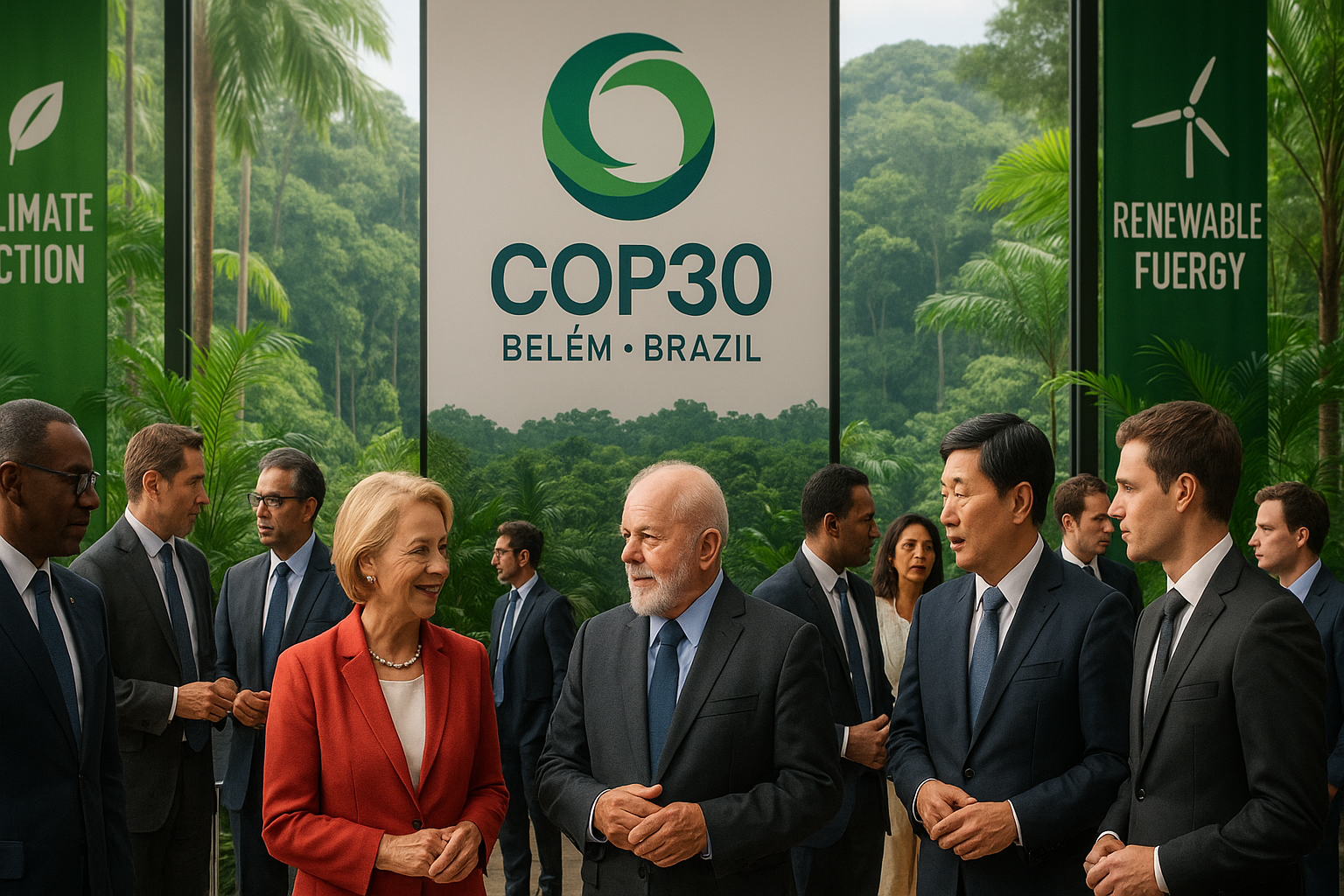Introduction
The COP30 Brazil 2025 summit has entered its decisive second week in Belém, as world leaders face mounting pressure to reach a landmark agreement on global climate funding. The talks, seen as pivotal for the future of international climate policy, have highlighted a growing divide between developed and developing nations over who should pay — and how much — to combat the escalating effects of climate change.
Funding Disputes Dominate Talks
At the heart of the global climate summit lies the debate over a new financial framework to support developing countries most affected by rising temperatures, floods, and droughts. Wealthier nations, including members of the G7 and European Union, have pledged more investments in renewable energy and adaptation projects. However, they remain hesitant to commit to the larger sums demanded by vulnerable nations in Africa, Asia, and Latin America.
Developing countries argue that without substantial funding, they cannot transition effectively to low-carbon economies. Many also point out that industrialized nations bear the greatest historical responsibility for global emissions.
Push for a ‘Global Climate Fund 2.0’
One of the key proposals on the table is the creation of a “Global Climate Fund 2.0” — a modernized version of existing mechanisms that would provide direct access to climate finance for developing economies. This proposal has received support from several Latin American and Pacific nations, who claim that previous funding pledges have been slow and bureaucratic.
Observers expect the final draft text of this fund to be presented by the end of this week, potentially setting the stage for a breakthrough announcement at the close of the summit.
Progress on Clean Energy and Carbon Targets
Despite the financial tensions, COP30 Brazil 2025 has seen progress in other areas. Over 80 countries have signed a new agreement to phase out coal power and triple global renewable capacity by 2030. Major energy companies have also pledged new investments in green hydrogen, solar, and wind power projects across developing regions.
Brazil, as host, has showcased its expanding renewable sector — particularly its advances in biofuels and Amazon forest restoration initiatives.
World Leaders Call for Unity
During the weekend plenary, UN Secretary-General António Guterres called on delegates to move beyond political divisions and focus on a shared global goal: keeping the 1.5°C target alive. “The world cannot afford another year of delay,” he warned. “Developing nations are already paying the highest price for a crisis they did not cause.”
Brazil’s President Luiz Inácio Lula da Silva echoed this sentiment, urging richer countries to show “climate solidarity” through meaningful financial action. “We must make climate justice real — not just a slogan,” he said.
Looking Ahead
As negotiations enter their final stretch, expectations are high for a compromise on climate finance that satisfies both industrialized and developing economies. The coming days will determine whether COP30 Brazil can deliver a global funding framework capable of accelerating the world’s transition to a net-zero future.

